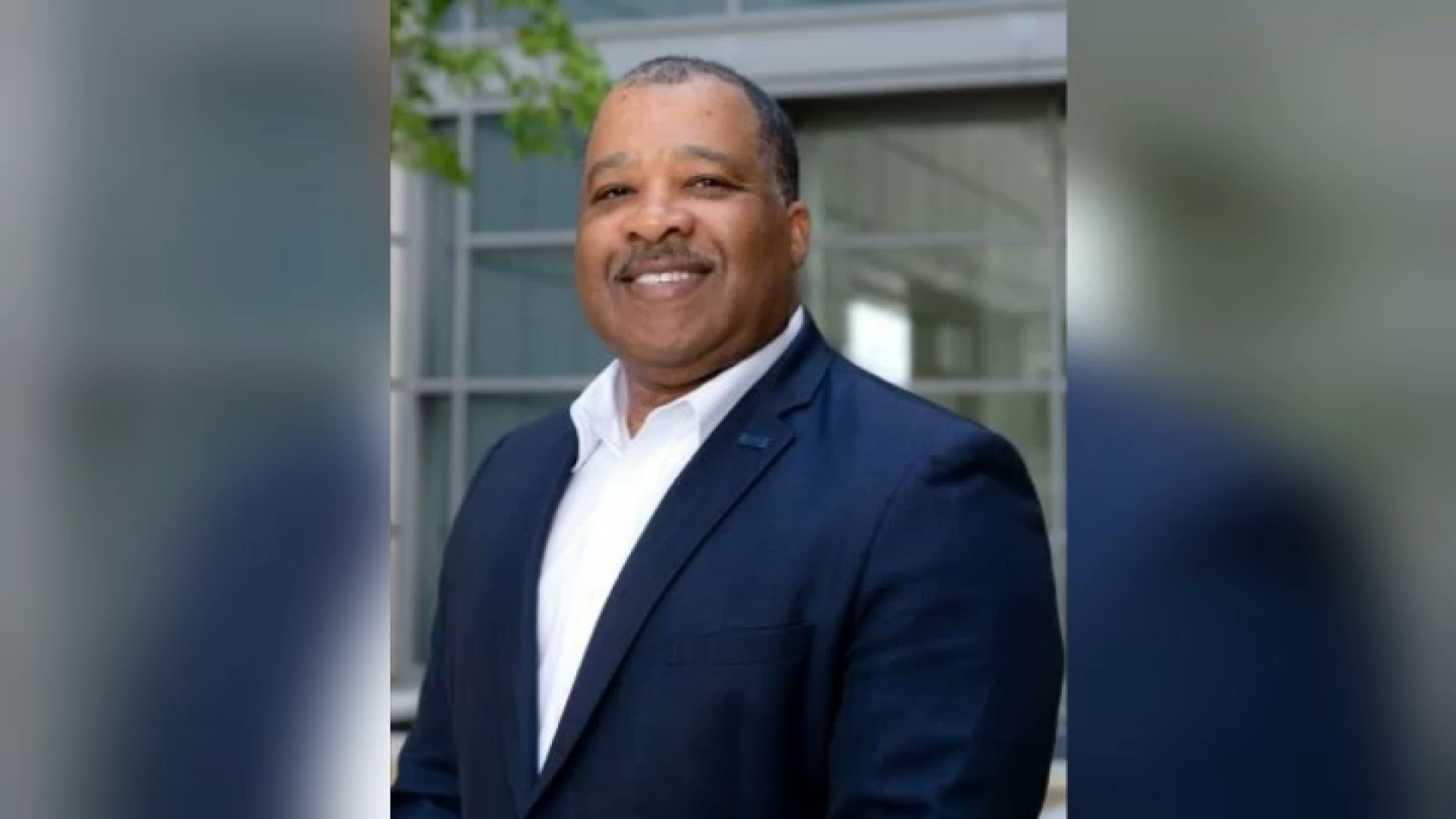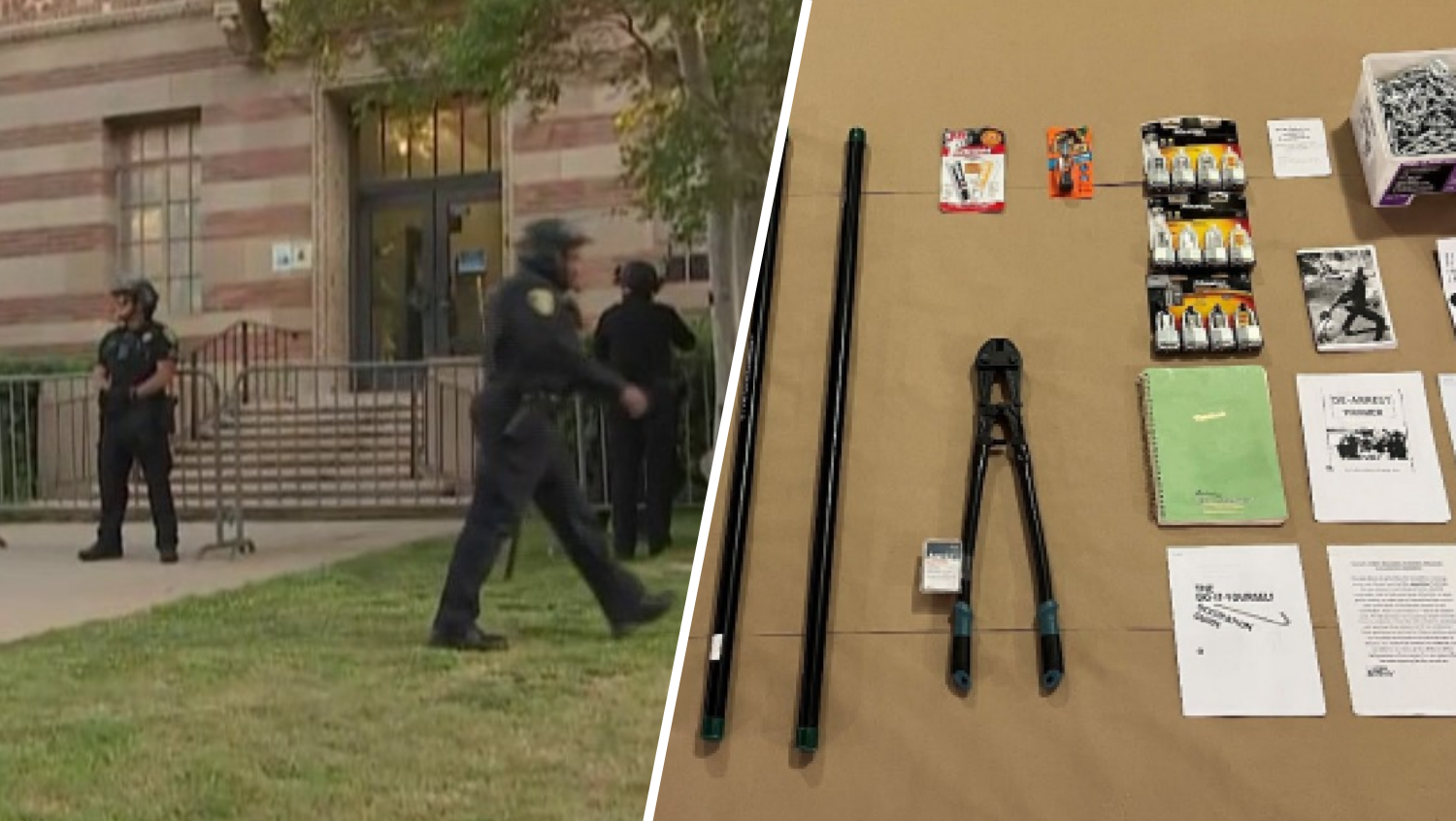UCLA Chancellor Gene Block testified before a House committee Thursday in Washington, D.C. about protests on the Westwood campus, the law enforcement response and allegations of antisemitism.
Block, who is set to retire at the end of July, testified three weeks after law enforcement cleared a pro-Palestinian encampment on the campus and arrested more than 200 people and two days after it was reported that the university's police chief was removed from his job and reassigned. Chief John Thomas faced criticism over his handling of the demonstrations that included an attack on a pro-Palestinian encampment.
Block is one of three college presidents and chancellors who went before the House Education and Workforce Committee. Thursday's hearing is the latest in a series by the House Committee on Education and the Workforce into how colleges have responded to the protests and allegations of antisemitism.
Get top local stories in Southern California delivered to you every morning. >Sign up for NBC LA's News Headlines newsletter.
The leaders who testified Thursday are the first from public universities to go before Congress. Public universities are more strictly governed by First Amendment and free speech considerations. Earlier hearings largely focused on private, Ivy League colleges.
In prepared remarks obtained by NBC News, Block stressed the legal challenges a public university faces when dealing with campus protests.
Block admitted shortcomings in the university's response to the original encampment, saying it should have acted to remove the protesters sooner.
"With the benefit of hindsight, we should have been prepared to immediately remove the encampment if and when the safety of our community was put at risk," Block told the committee. "We've since taken decisive action. I've created a new office of campus safety that reports directly to me.
"Finally, we will hold accountable all those who engaged in violence or violated our policies. No student should be threatened or excluded based on their beliefs or identity. While we will always have to strive hard to meet this obligation, we must also maintain our commitment to academic freedom and free speech."
The UCLA protests reached a flashpoint on April 30 when counterdemonstrators attacked a pro-Palestinian encampment, throwing traffic cones, releasing pepper spray and tearing down barriers. Fighting continued for several hours before police stepped in, and no one was arrested. At least 15 protesters suffered injuries.
Sporadic disruptions continued following the dismantling of a pro-Palestinian encampment and some 200 arrests. The university closed fore a day, then shifted to online classes. On May 6, about 40 people were arrested during protests on the campus over the war in Gaza.
After the first of the Congressional hearings in December, an outcry of criticism from donors, students and politicians led to the resignations of the presidents of Harvard and the University of Pennsylvania, who gave cautious, halting answers to questions about whether calls for the genocide of Jewish people would violate their schools’ conduct policies.
In April, the committee turned its attention to Columbia President Minouche Shafik, who took a more conciliatory approach to Republican-led questioning. Shafik’s disclosure of disciplinary details and concessions around faculty academic freedom upset students and professors at Columbia. Her testimony, and subsequent decision to call in police, escalated protests on campus that inspired students at other colleges to launch similar demonstrations.
Originally, the presidents of Yale University and the University of Michigan were called to testify. But the committee shifted its attention to Northwestern and Rutgers after those colleges struck deals with pro-Palestinian protesters to limit or disband encampments.
Expected to testify Thursday are Michael Schill, the president of Northwestern, Block and Jonathan Holloway, the president of Rutgers.
The concessions that Northwestern and Rutgers agreed to were limited in scope. Like some other colleges that reached agreements with protesters, they focused on expanding institutional support for Muslim and Arab students and scholars on campus.
At Northwestern, the administration agreed to re-establish an advisory committee on its investments that includes student, faculty and staff input. The university also agreed to answer questions about financial holdings including those with ties to Israel.
Rutgers agreed to meet with five student representatives to discuss the divestment request in exchange for the disbanding of the encampment. The university also stated it would not terminate its relationship with Tel Aviv University.



